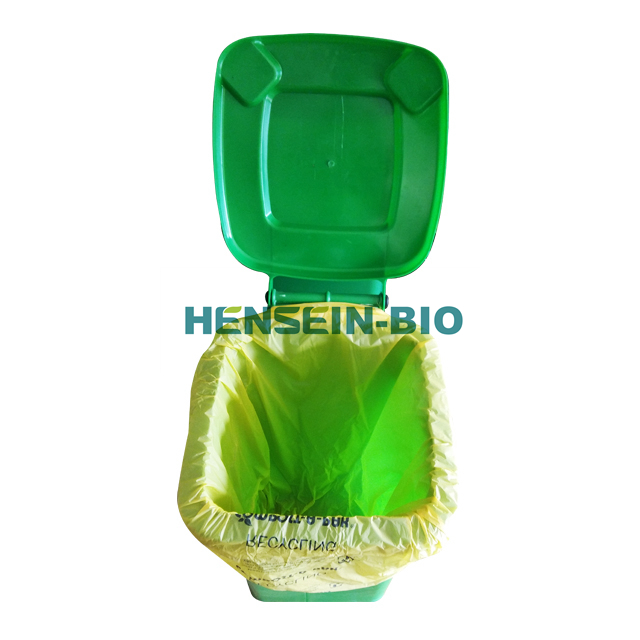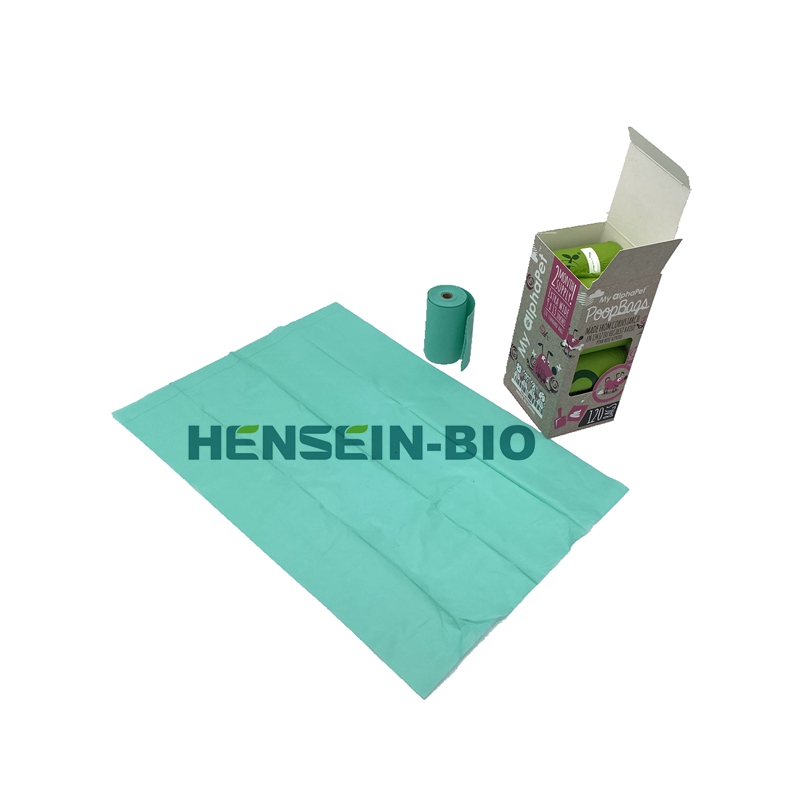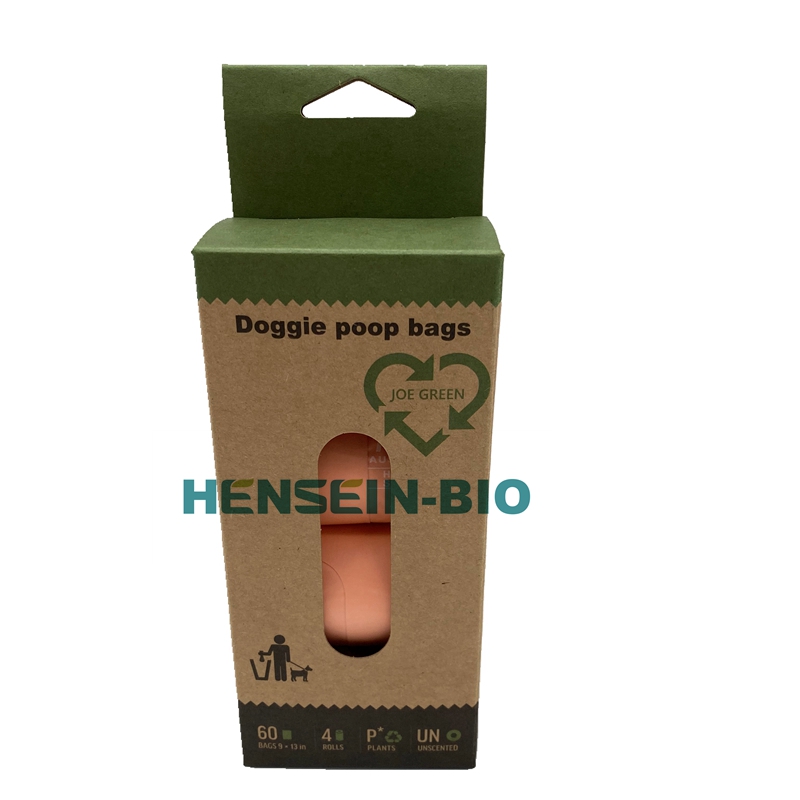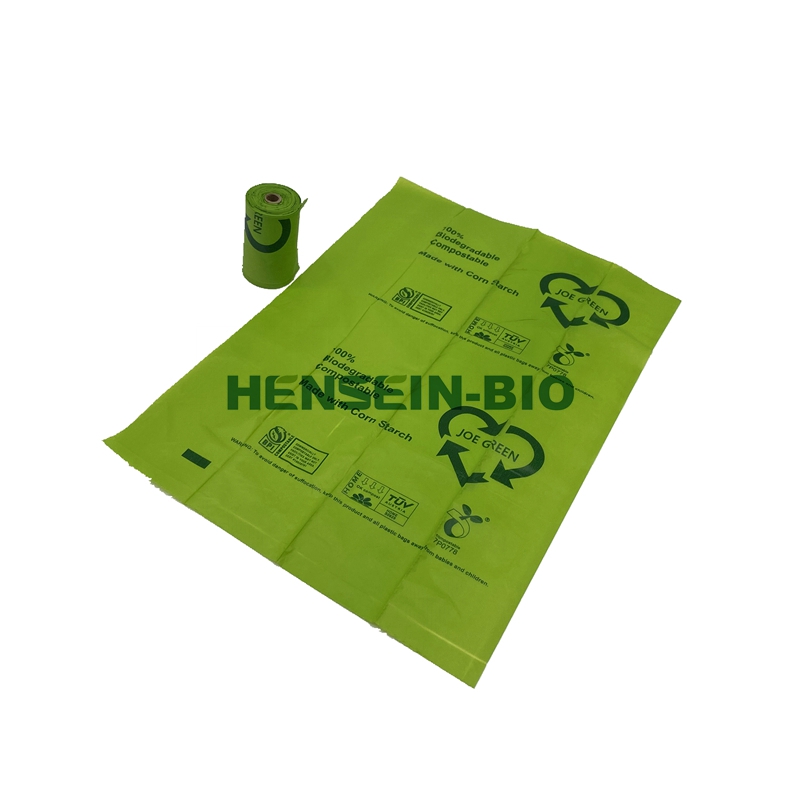
Are current biodegradable trash bags advanced enough to meet modern sustainability demands?
Many businesses are discovering that traditional biodegradable trash bags and early-generation compostable products, while better than plastic, often lack durability, speed of decomposition, or cost efficiency. As environmental policies tighten, companies that fail to adopt next-generation materials risk falling behind in ESG compliance and losing consumer trust. The solution lies in cutting-edge innovations such as PLA and PHA, now enhanced with nano-reinforced durability and accelerated decomposition techniques. With PHA production costs dropping by nearly 30%, these advancements are increasingly affordable. Huizhou Hensein Bio-Environmental Technology Co., Ltd., a trusted manufacturer and supplier, delivers customisable biodegradable solutions to wholesalers worldwide, ensuring certified quality, innovation-driven products, and scalable supply to meet the fast-changing needs of global markets.
Next-generation biodegradable materials like PLA and PHA offer stronger durability, faster decomposition, and reduced costs, helping businesses achieve sustainability goals while maintaining performance and competitive pricing.
These innovations are reshaping the packaging sector. To fully understand their impact, let’s explore how biodegradable trash bags are evolving, what the future design might look like, and whether compostable claims hold true.
Biodegradable Trash Bags
Biodegradable garbage bags have transitioned from niche products to mainstream eco-friendly alternatives in Europe, North America, and Asia. Early versions often sacrificed strength for sustainability, but new material science breakthroughs are changing this perception. PLA-based bags offer a strong yet lightweight solution, while PHA-derived bags stand out for their complete biodegradability in both soil and marine environments. By integrating nano-reinforced polymers, the latest **small biodegradable trash bags** demonstrate improved tear resistance, making them more practical for both households and commercial use.
For wholesalers and retailers, these advancements mean access to products that are not only sustainable but also reliable. Hensein-Bio, as a global manufacturer and supplier, ensures every shipment is certified to international standards like EN13432 and ASTM D6400. With customisable options in sizes ranging from compact kitchen bags to industrial-grade solutions, distributors can cater to diverse consumer needs while highlighting their sustainability credentials. This adaptability is driving rapid adoption across supermarkets, e-commerce platforms, and institutional buyers worldwide.
How would you design the improved trash bag of the future?
The trash bag of the future must combine environmental responsibility with practical performance. An ideal design would integrate bio-based polymers reinforced with natural nano-fillers to enhance strength without compromising compostability. Accelerated decomposition additives could ensure complete breakdown within weeks under industrial or home composting conditions. Moreover, improved barrier properties against moisture and odors would elevate convenience for households and businesses alike.
In terms of production, new advances in fermentation technology are lowering PHA production costs by up to 30%, making large-scale adoption economically feasible. Wholesalers and suppliers will gain access to affordable, high-performance bags that previously seemed unattainable. Manufacturers like Hensein-Bio are already moving toward this vision, offering customisable biodegradable trash bags designed for modern waste management systems. By combining cost efficiency with cutting-edge performance, the future of biodegradable garbage bags will meet both environmental and commercial demands seamlessly.
Are compostable bags truly compostable?
A frequent question from buyers is whether so-called compostable bags actually live up to their claims. The answer depends on certification and the conditions in which they are used. Certified compostable bags, tested under EN13432 or ASTM D6400 standards, will decompose into water, carbon dioxide, and biomass within specific timeframes in industrial composting facilities. However, uncertified or misleadingly marketed products may fail to break down fully, leaving behind residues and microplastics.
For suppliers, manufacturers, and wholesalers, ensuring authenticity is critical. Transparent labeling and third-party certification distinguish true compostable products from low-quality alternatives. For end-users, properly using certified bags—whether in municipal compost programs or home systems—is essential to achieving the promised environmental benefits. Hensein-Bio guarantees certified compostable and biodegradable trash bags with customisable options, giving distributors confidence that their products will perform as advertised. This transparency builds trust, supports ESG reporting, and prevents reputational risks in eco-conscious markets.
Next-gen materials like PLA and PHA are transforming biodegradable trash bags into durable, cost-effective, and truly sustainable solutions. Certified, customisable options from trusted suppliers ensure compliance, performance, and long-term business growth.


